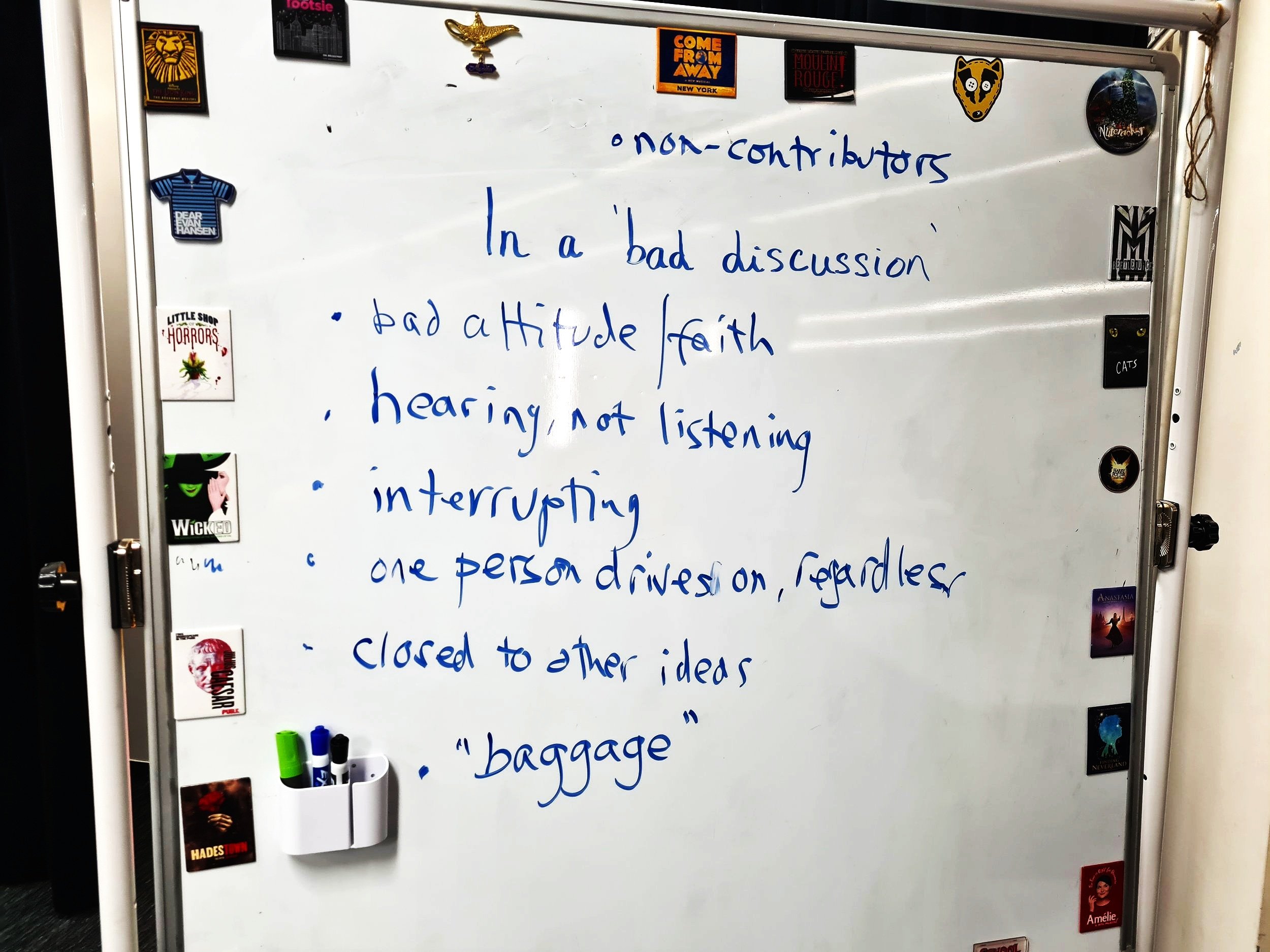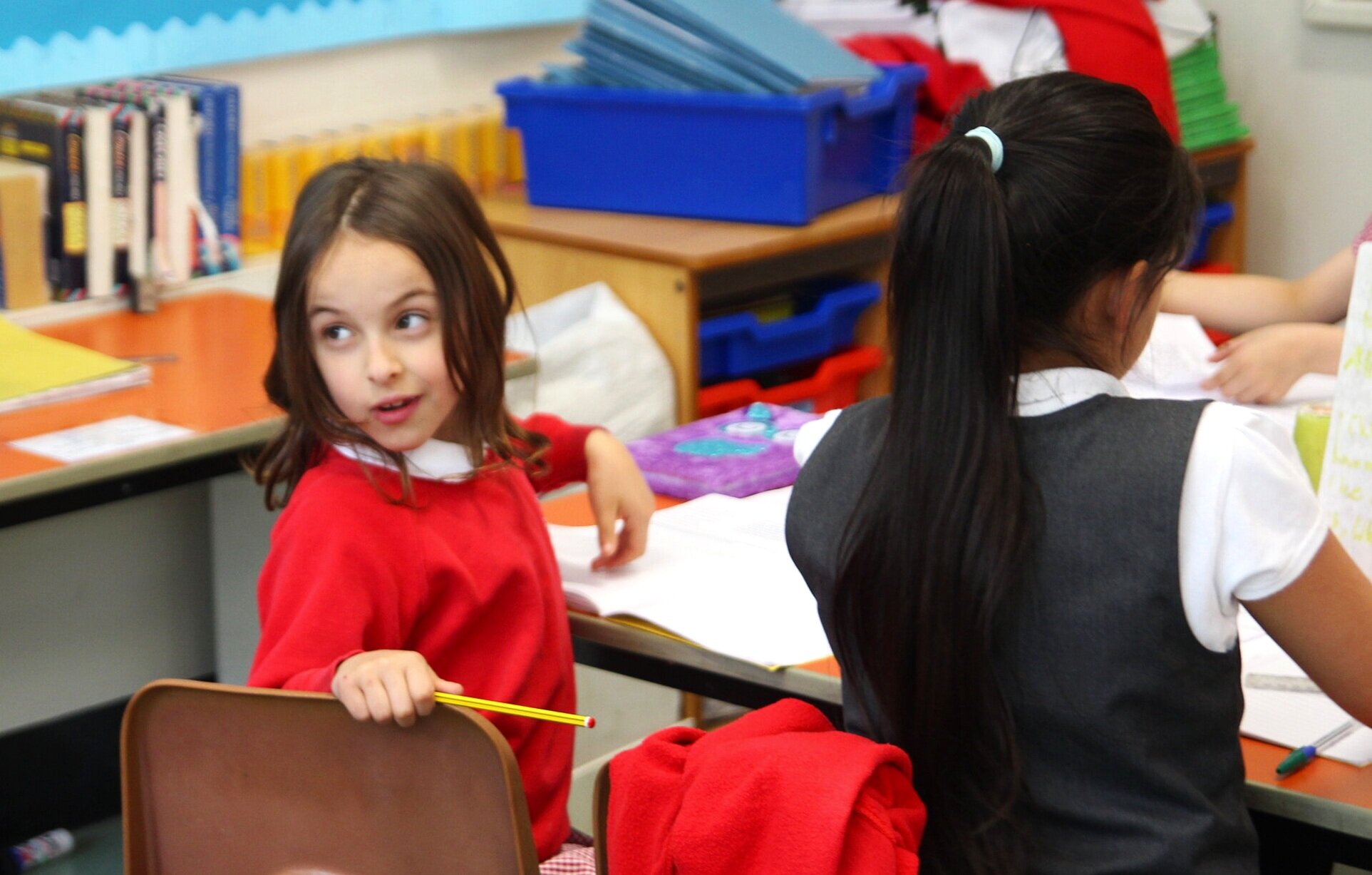Bridging the Word Gap at Transition was published after the first U.K. COVID-19 lockdown. Six months on, it’s even more relevant. Although the conclusions are stark, it contains positive case studies and an outline of steps that schools can take, especially to address ‘academic vocabulary’.
Are there enough opportunities to explore and discuss new words encountered in reading and to build and consolidate word webs?
- Bridging the Word Gap
Here are some specific, practical approaches that I recommend. These will have an immediate impact on vocabulary:
Take the decision to deliberately teach 5-10 words every week. Plan at least six frequent encounters with those specific words.
Use simple structures again and again to make planning easy. You are probably familiar with structures like Would You Rather, Good Idea/Bad Idea? and What’s the opposite of…? Make these work for vocabulary.
Link vocabulary to talk – spend ten minutes every day exploring and playing with words.
Over 70% of teachers believed that addressing pupils’ vocabulary gap when they returned to the classroom would be a high priority in their school. – Bridging the Word Gap
How to give praise – and how not to – based on the research
The Director of Oracy Cambridge talks about what the research tells us about effective classroom practice.
“Dialogue allows participants to have thoughts they could not have had on their own…”
Game and Metcalfe 2009
Encouraging pupils to argue and debate in class can help boost their results in English, Maths and Science, according to research by the Education Endowment Foundation.
“This report talks about a generation of children and young people growing up in a world where good speech, language and communication skills are increasingly vital …“
Traditional items of play equipment continue to provide the foundations of high value play. Major impact of natural light, temperature, air quality, and colour on pupils’ learning progress.
My provocation at Challenge Partners Conference, Blackpool, October 2016: What is more important: developing curiosity or measurable academic progress?
The effectiveness of children passing on key messages to other children in a successful ‘Eco Peer Educators’ project.














